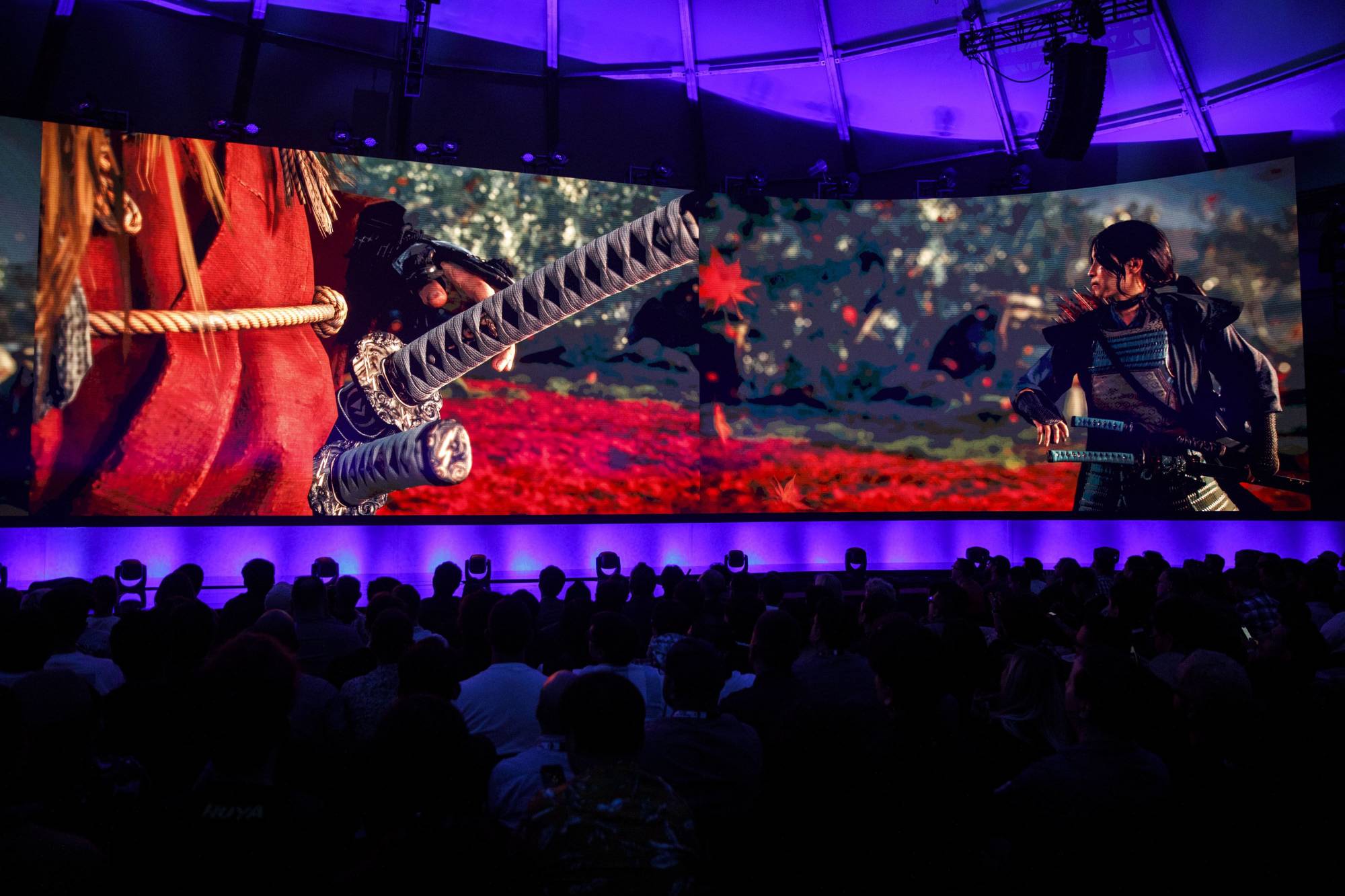Director Chad Stahelski probably thought he was making a simple statement.
In an interview published by Collider last week, the filmmaker best known for the “John Wick” franchise said that in his upcoming film adaptation of the blockbuster 2020 game Ghost of Tsushima, he aims to use an entirely Japanese cast speaking Japanese.
On its own this is hardly a controversial statement; Japanese productions do it every day. But the massive success of Ghost of Tsushima, a game set in feudal Japan and developed by American studio Sucker Punch Productions, puts added pressure on Stahelski to tread carefully. Through his choices, he has a unique chance to probe the already delicate sea change happening in Hollywood casting — by focusing on language, not just on ethnicity or heritage.


















With your current subscription plan you can comment on stories. However, before writing your first comment, please create a display name in the Profile section of your subscriber account page.